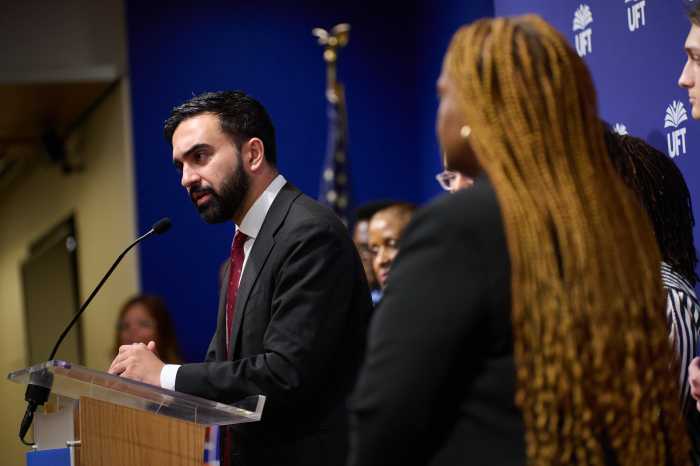African-Americans are more likely to have certain long-term health conditions, such as asthma, diabetes, and heart disease than other racial groups. What many might not know is that having these illnesses puts people at higher risk of getting life-threatening complications from the flu.
Having higher numbers of people with these conditions might help explain, in part, why African-Americans, along with other minority communities, were hit hard by the 2009 H1N1 (“swine flu”) virus.
The good news is that you can take a simple step to protect yourself and your family from the flu by getting the flu vaccine each year.
The Centers for Disease Control and Prevention (CDC) says a flu vaccine is the first and best way to guard against the flu. CDC now recommends that everyone six months and older get the flu vaccine every year.
“The new vaccination recommendation shows the importance of preventing the flu in everyone,” says Dr. Anne Schuchat, assistant Surgeon General of the U.S. Public Health Service and CDC’s director of the National Center for Immunization and Respiratory Diseases. “The new recommendation will allow us to present one clear message to everyone: get vaccinated.”
Although a yearly flu vaccine is important, vaccine coverage rates remain low in the U.S., particularly in African-Americans. Why do so few African Americans get vaccinated? Some people may have concerns about vaccine safety.
It is important to know, however, that flu vaccines (both the shot and nasal spray) have excellent safety records. Also, they are closely watched for any possible side effects. The most common side effects reported are minor, and are far outweighed by the vaccine’s benefits. Millions of flu vaccines have been given safely over the years, and vaccine safety remains a priority every single year.
It’s also important to know that the flu vaccine cannot give you the flu. Why? Because the flu shot has killed viruses, and the nasal spray has weakened viruses that cannot cause illness.
If you get flu-like symptoms soon after getting vaccinated, it can mean you may have been in contact with the virus shortly before getting vaccinated, or during the two-week period it takes the body to gain protection after getting vaccinated.
It might also mean you are sick with another illness that causes symptoms similar to the flu.
By not getting vaccinated, you put yourself and those around you at risk.
“People who do not get vaccinated are taking two risks: First, they are placing themselves at risk for the flu, a possibly long and serious illness. Second, if they get sick they are also placing their close contacts at risk for flu,” says Schuchat.
“Flu can be especially serious for babies, children, pregnant women, and people with certain medical conditions. But even healthy people are at risk of the flu and should protect themselves.”
For more information, talk to your doctor or contact CDC at 1-800-CDC-INFO or www.cdc.gov





































